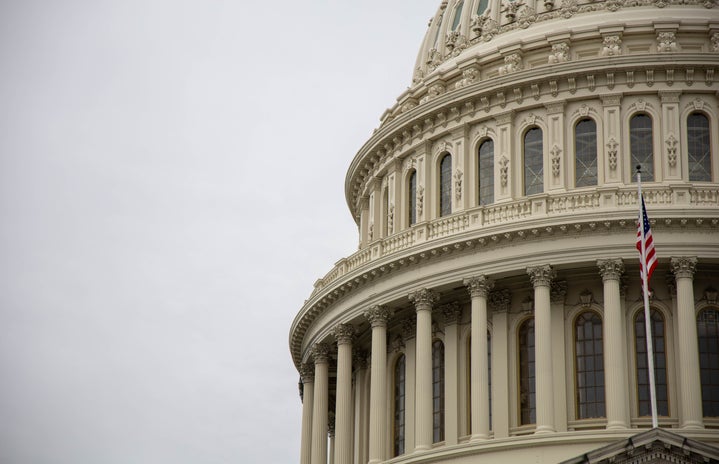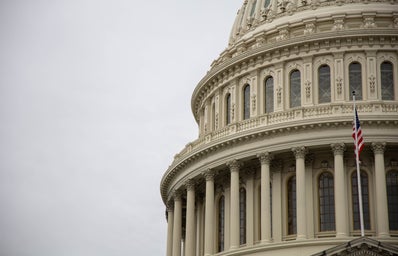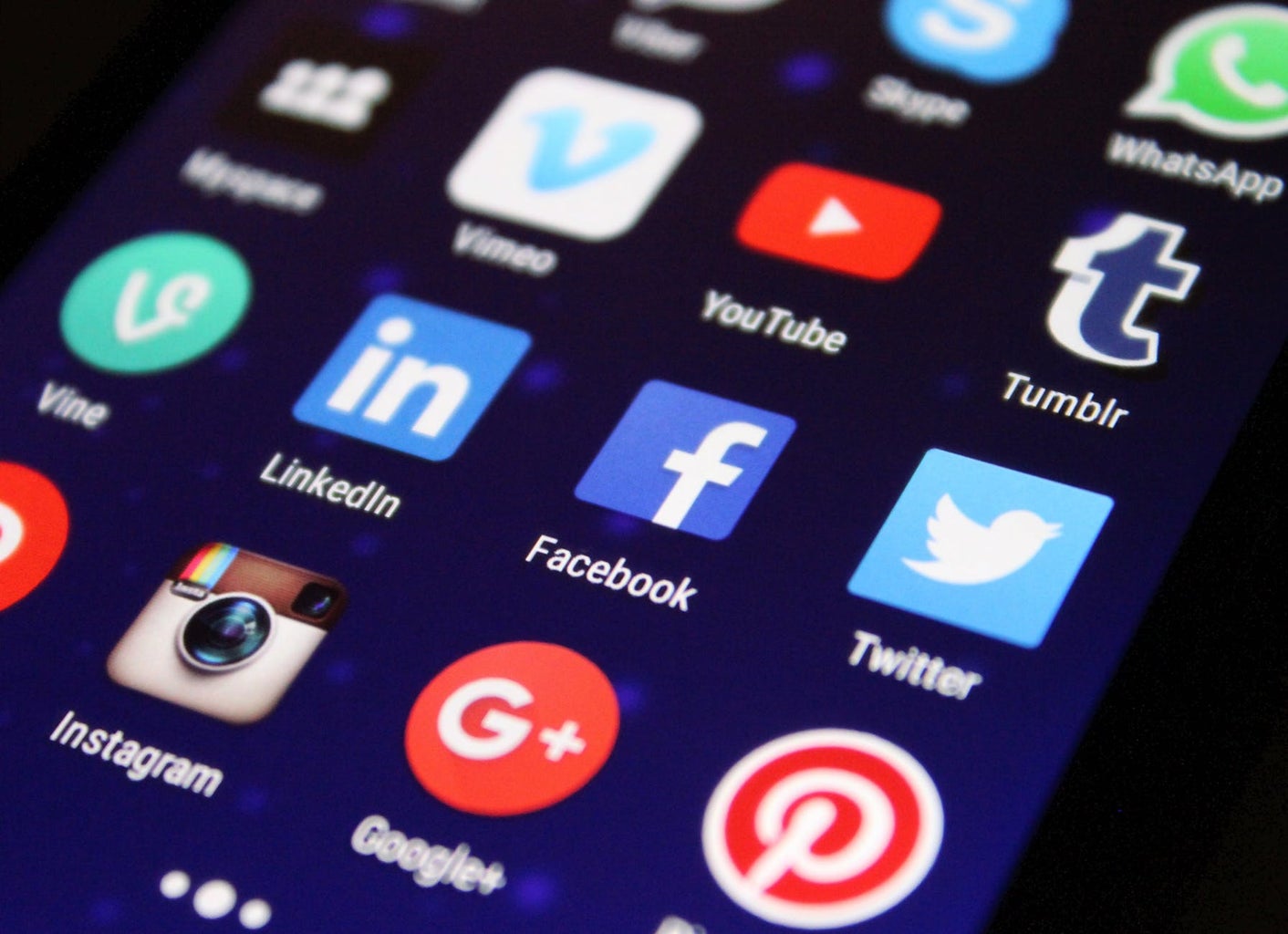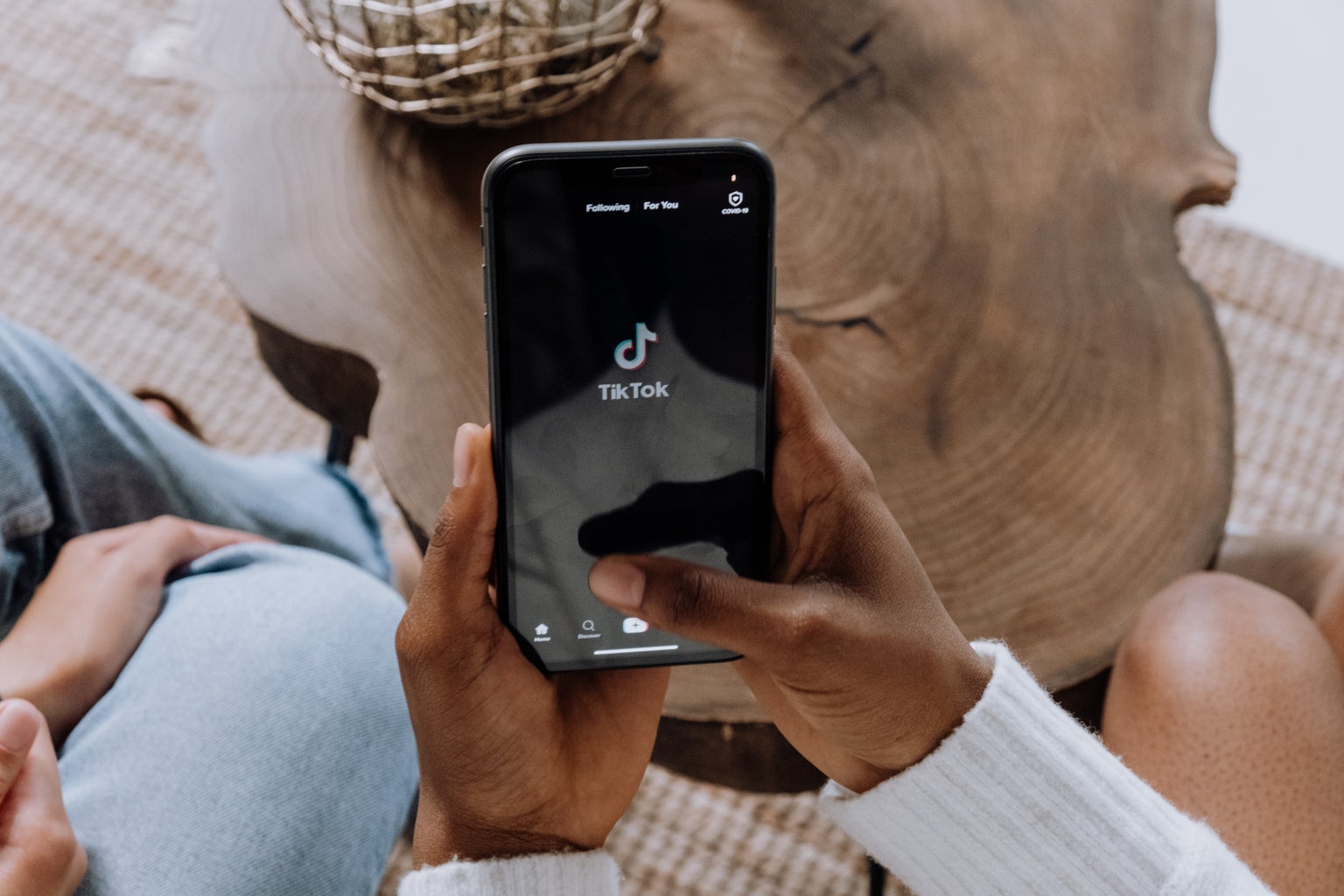Social media platforms have changed how political discourse is developed in digital communication. An excellent example of this phenomenon is the 2024 presidential election, which has been getting a lot of publicity. This leads us to wonder, is social media having an effect on the public perspective of the debate and will this have an impact on voting behavior? Let’s analyze how social media, especially TikTok, Twitter and the widespread use of memes have changed political discourse.
Tiktok’s role in the election
One of the main platforms for the 2024 election is TikTok. Vice President Kamala Harris joined TikTok on July 25, immediately gaining 4.2 million followers. Her content, which has centered on customary campaign appearances, has been somewhat simplistic still. Lately, she has kept her content on the comedic side and geared towards attracting the attention of young voters. On the other hand, since joining TikTok in early June, former President Donald Trump has accumulated nearly 11 million followers. Among his most well-liked videos include a lighthearted opening including Kid Rock’s “American Bad Ass” and a playful segment with YouTuber Logan Paul. Recently, he was endorsed by influencer Bryce Hall at a recent event. Notwithstanding a few less popular posts, Trump’s strategy showed a deep comprehension of TikTok’s captivating qualities. Both of the candidates feature editorials of themselves and shots at their running mates. With that being said both of these accounts have received millions of likes. Kamala HQ was featured having an astonishing 119.2 million, whereas Real Donald Trump has 45.9 million likes under his belt.
TikTok videos are making candidates more visible and relatable, which has a big impact on public opinion. With the help of the platform’s algorithm, which rewards interesting material with likes, videos including Donald Trump’s lighthearted dancing routines and Harris’s warm chats can soon go viral. Through humor and sarcasm, these videos humanized candidates and made them seem more personable. They also have the power to change people’s opinions. Social media conversations are dominated by viral events, like trending challenges, and TikTok’s echo chamber effect further divides viewpoints by reinforcing preexisting convictions. All things considered, the way that campaign narratives are crafted and how people view candidates are altered by TikTok’s material.
Memes, twitter & Their impact
Memes have become a serious weapon in the 2024 election, influencing voter turnout and forming political dialogue. They can swiftly spread on social media by simplifying complicated subjects and conveying ideas in a comedic manner. This makes them particularly popular with younger voters. For example, the New York Times just came out with “A Debate Recap with Song, Dance and Joseph Gordon-Levitt“ which covers the main points of the debate with a comedic twist. Moreover, the ever-popular “They’re eating the dogs“ memes and the memes made from Harris’s facial expressions during the debate have spread across all platforms, especially Twitter.
Because memes are more relatable and reach younger people, Twitter has had a significant impact on the 2024 presidential election. Fast ideas can spread quickly through memes, influencing public opinion and campaign narratives due to the apps ability to directly connect you with other voting communities. Much like TikTok, they can make difficult topics more approachable by reflecting societal trends and a variety of opinion. In general, Twitter memes have grown to be an indispensable tool for candidates and voters alike, greatly impacting the political terrain.
The side effects
With that being said, is this simplification of the debate good thing? With social media, there’s a risk associated with meme’s disinformation potential since false memes and AI have the power to change public opinion. That also leads us to think, are these memes and videos simplifying the election too much? In some ways, I believe that social media is a great source of education for the younger generations to access and become more educated on the topics at hand. However, there’s also the thought that we aren’t taking this seriously. Have the memes and jokes distracted us from the event at hand? We need to keep in mind that although these concepts are cause for laughter, they still hold an influential impact on our future and need to be taken seriously.
key takeaways
Overall, social media platforms like TikTok and the proliferation of memes have fundamentally transformed political discourse in the digital age, especially evident in the lead-up to the 2024 presidential election. As candidates engage with younger voters through relatable, humorous content, they leverage these platforms to enhance visibility and foster a sense of connection. However, while this approach can effectively educate and engage the voters, it also risks oversimplifying complex political issues and spreading disinformation. The challenge lies in striking a balance between leveraging the entertainment value of social media and maintaining the seriousness of political engagement. It’s important to recognize the lasting impact of our digital interactions on voting behavior and public perception. Ultimately, the impact of social media on political discourse serves as a reminder that while it can enhance engagement, we must remain aware in the depth and truth behind the content that shapes our views.






